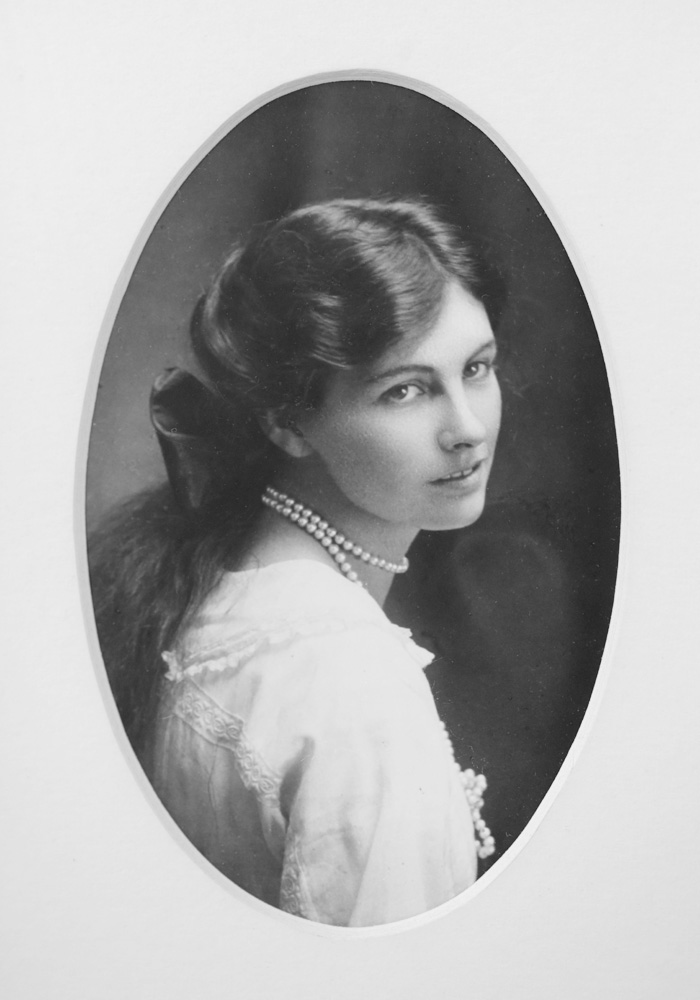Small kindnesses, always and to the end
Our grandmother came to live with us when she was 84.

Nanny had been a steady and benign presence all our lives – we visited her often and she always stayed with us over the Christmas period. As a student, I biked to her house regularly, for tea and scones, a session of Days of our Lives, and a good talk. Nanny was a great talker. I loved to sit at the kitchen table listening while she and our mother told the family history, which was rich with singular characters, much comedy, and the inevitable tragedies.
But Nanny was lonely now, and it was clear she had early dementia. We were familiar with dementia – our step-grandfather, our two great-aunts and our paternal grandfather had all had it. Just like her sisters, Nanny repeated herself often and was increasingly confused about simple processes and directions. The past loomed large, but yesterday, today, and ten minutes ago faded quickly. Over the next few years Nanny began to wander, to confuse night and day, and retreat from all present-day concerns. Eventually, in her mind’s eye, her three daughters and her son morphed into various of her long-dead seven brothers and sisters.
My sisters and I were teenagers and much entertained by Nanny’s behavior. Her fabrications and confabulations were marvellously creative. And her store of old Irishisms came colourfully to the fore. Of course we were also quite impatient at times, especially with Nanny’s verbal iterations and repetitive activities. Years later, I realized that we were also carelessly oblivious to just what Nanny’s presence meant for our mother – a professional musician juggling a demanding performing, touring, and teaching schedule. Our father was unfailingly kind to his mother-in-law but it was her daughter who carried the emotional load of an increasingly dependent and bewildered mother. Mum seldom showed impatience, through Nanny’s day-night confusion, her wandering, her constant repetitions. The nearest she got to visible exasperation was during dinner prep when Nanny chattered and questioned in an endless loop as Mum chopped and peeled. ‘Pour your grandmother a sherry, for heaven’s sake,’ Mum would say eventually, ‘and take her into The Young Doctors.’ We were good at watching tv with Nanny – soap operas, M.A.S.H, Little House on the Prairie – though mightily irritated when she referred to Pa Ingalls as Little Joe. Even after Mum explained about Bonanza.
Forty years later, I’m struck by what we learned from Mum during this time – nothing articulated, just by her steady example. Two things stand out: at no stage did Mum try to correct or contradict Nanny’s altered perception of the world. Instead, she entered fully into Nanny’s tall tales and wonky pronouncements, allowing her mother at least a brief sense of self-assertion and agency. With a sure instinct for a person’s whole life – and a great sense of play – Mum connected Nanny’s repetitions and obsessions with her decades as a hotelier and boarding house proprietor, and accommodated them most imaginatively. And, as Nanny retreated into her shell and became remote to her children and grandchildren, Mum’s sense of Nanny’s inherent self – her intact personhood – remained utterly clear. Nanny might not know us but not knowing us did not mean she wasn’t there. Behind the frail body and fractured mind lay the Kathleen Dora of always – and that person was to be dignified by all the human decencies, respect, and small kindnesses, always and to the end.
It was a priceless example, and one that was ready for us when twenty-five years later Mum – Kathleen Frances – began to mix night and day, to forget how to dress, to stare at our photographs and write on them in a shaky hand: ‘Kathleen, Clare, Margaret Mary, and all the dear little children.’
To be continued.
Kate (Kathleen) De Goldi

Kate De Goldi is one of New Zealand’s most loved authors, whose short fiction, novels and picture books engage children, teenagers and adults alike. Kate’s parents both had dementia and she wrote about dementia in her novel The ACB with Honora Lee. As one of Alzheimers NZ’s Champions for Dementia, Kate is looking to honour the experience she had with her Mum and Dad and help raise public awareness of dementia.

